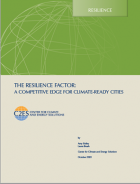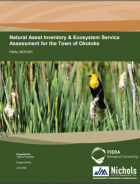Alberta Institute of Agrologists 13th Annual Conference on Agriculture, Food and the Environment
Energy: Renewable & Non-Renewable Session
March 16, 2017
Organic Waste to Watts: The Lethbridge Biogas Story (Stefan Michalski, ECB Enviro North America)
Stefan Michalski, Consultant, ECB Enviro North America Inc, explains that Lethbridge Biogas (LB) is one of Alberta’s true pioneers in the province’s bioenergy landscape. Since 12/2013, LB is operating Alberta’s largest, privately operated, fully commercial biogas/cogeneration facility in Lethbridge, AB. The facility can be remotely controlled and has a processing capacity of more than 100,000 tonnes annually for livestock manures and food processing residues. Currently two 1.4 MW co-generation plants (CHP’s) use the biogas for the conversion into grid electricity and process heat. The facility captures methane and directly contributes to the reduction of greenhouse gas emissions within Alberta’s Climate Change Leadership Plan. The residual digestate is a valuable, balanced and nutrient rich product for agricultural use and is land applied in accordance with the province’s Agricultural Operation Practices Act (AOPA). LB has received financial support from the expired Alberta Bioenergy programs (BCMDP, BIDP, BPCP) and the Climate Change Emission Management (CCEMC) Corporation.
LB’s decade long project development process demonstrates the challenges Bioenergy producers in the province are still facing. Bioenergy addresses agricultural, environmental and energy related issues all at once and as such needs cross departmental collaboration and support within all levels of Government to be successful. Low-carbon Bioenergy production continues to be at a disadvantage when ‘competing’ with the hydrocarbon economy, regulatory frameworks are not technology or bioenergy specific, market prices do not reflect their true environmental and societal benefits and sourcing capital in this environment is still a steep climb.
Alberta’s Climate Change Leadership Plan promotes the reduction of GHG and projects like LB come also with the added benefits of economic diversification, sustainable development, innovation, long-term job creation and strengthening rural economies – all political buzz words in these times. The increased use of renewable sources like wind and solar in Alberta offer exiting opportunities but the issue of intermittency and back-up capacity needs to be addressed. Bioenergy is able to deliver 24/7 base load electricity and can complement electricity production from wind and solar. Alberta’s Bioenergy sector can be a cornerstone of the province’s economic diversification and climate action strategies but a Bioenergy Strategy is a key component of Alberta’s transition to a clean energy economy. Alberta can be a leader in the production and use of sustainable, low carbon Bioenergy products – but traditional thinking needs to change and paradigms need to shift to make this reality.





